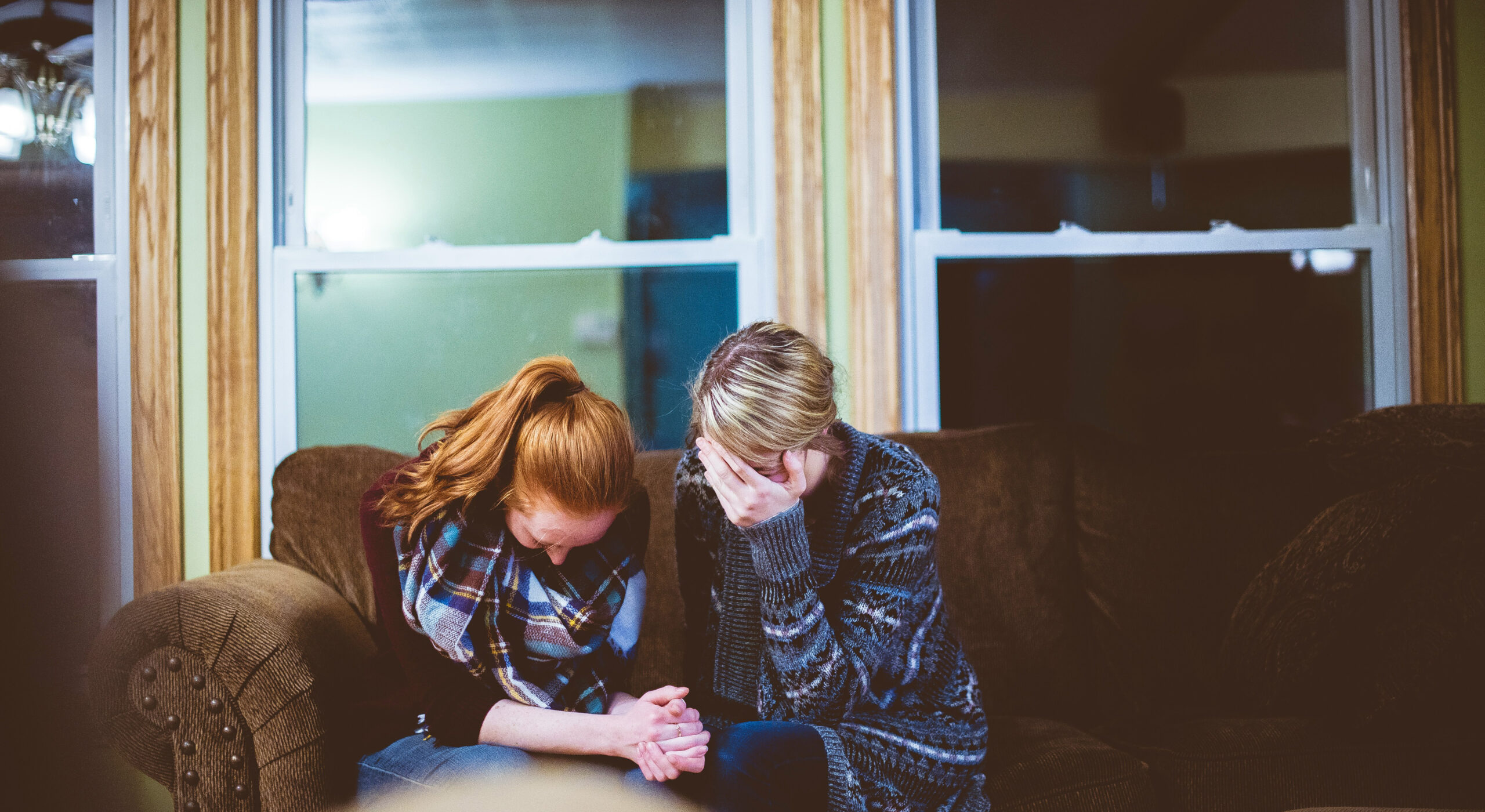I have been thinking recently about the grief process and how to support others in their grief. Despite the inevitability of our mortality, grieving and being with others in their grief is not something we generally talk about or are taught. Instead, we might try to avoid grief, to try to cheer someone up who is grieving, to ignore our own feelings, or be unintentionally dismissive of grief.
Grief is important because it embodies the entire emotional process of coping with loss, and it can last a long time. Grieving allows us to mourn the loss and continue living in a healthy way. Miriam Greenspan says, “We grieve because we are not alone, because we are interconnected, and what connects us to one another also breaks our hearts.”
Healthy grieving often involves both grief work, complete with a host of different emotions (denial, anger, sadness, etc.), as well as distracting from grief by doing new things, attending to life changes, and participating in relationships. It is important to remember that grief looks different for each person.
Grief may overtake our whole system, impacting us physically, emotionally, cognitively, and behaviorally. Grief is a very individual journey. It is important to allow ourselves and others to heal in our own way.
To be intentional about your own healing, it is recommended that you exercise, nurture yourself, eat well, be loving toward yourself, and reach out to others for support. It is also important to listen to your own needs and communicate them to others. Self-care is very important when we are grieving as it can give us strength for the grief journey.
When those we care about are grieving, we can be most helpful by being compassionate, being present with them in their pain (certainly a very hard thing to do), accepting and acknowledging all of their feelings (even the difficult ones), expressing concern when necessary, and offering ongoing support.
It is important to avoid minimizing or comparing loss (all grief is different and valid), to avoid making assumptions about how the other person is feeling, to stay out of judgment with how they are responding to the loss, and to avoid the following well-meaning but often hurtful statements:
“I understand.”
“I know how you feel.”
“It is part of God’s plan.”
“Look at what you have to be thankful for.”
“They are in a better place now.”
“This is behind you now; it’s time to move forward.”
“You should/shouldn’t…”
Instead, you might say things like:
“I can’t imagine what you are going through, but I want to be here for you.”
“Let me know how I can support you.”
“Can I bring you anything or do anything for you?”
Of course, if you or someone you know are experiencing suicidal ideations, difficulty functioning, excessive bitterness, alcohol or drug abuse, hallucinations, or constant feelings of hopelessness over a prolonged period, it is important to seek help.
Ultimately, grief is about trusting the process. And, while we don’t want to experience sadness or grief, suffering can be an opportunity for transformation. Oftentimes, people who have come out on the other side of grief describe feeling more appreciative of life, more compassionate, empathic, peaceful, and grateful.
I love this quote by Miriam Greenspan’s Healing Through the Dark Emotions: “The first phase is not about moving on, but about being broken…healing through grief does not begin when we give up feeling bad; it begins with the agony of loss. The merciful numbing of shock must wear off and the reality of death take hold. Grief must sink in. In the alchemy of grief, going down always precedes coming up. Understandable but misguided attempts to speed up the process tend to derail it. Generally, a grief deferred is a grief prolonged. There are no short-cuts in the alchemy of the dark emotions.” She also says, though, “In the seed of grief, there is the promise of a blossoming.”












